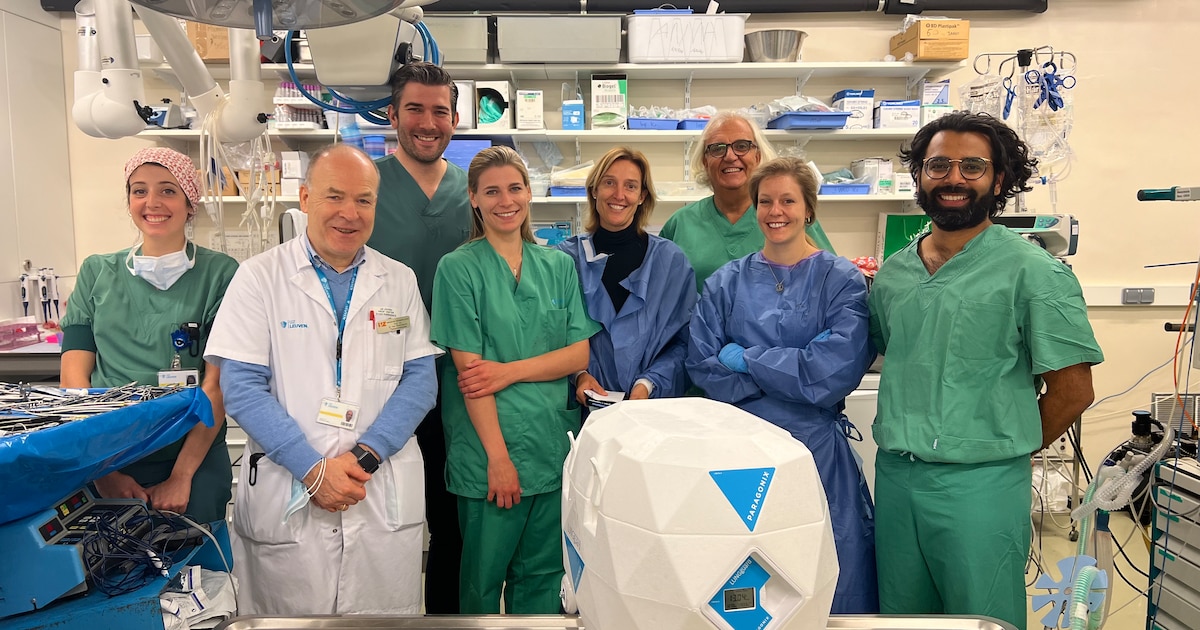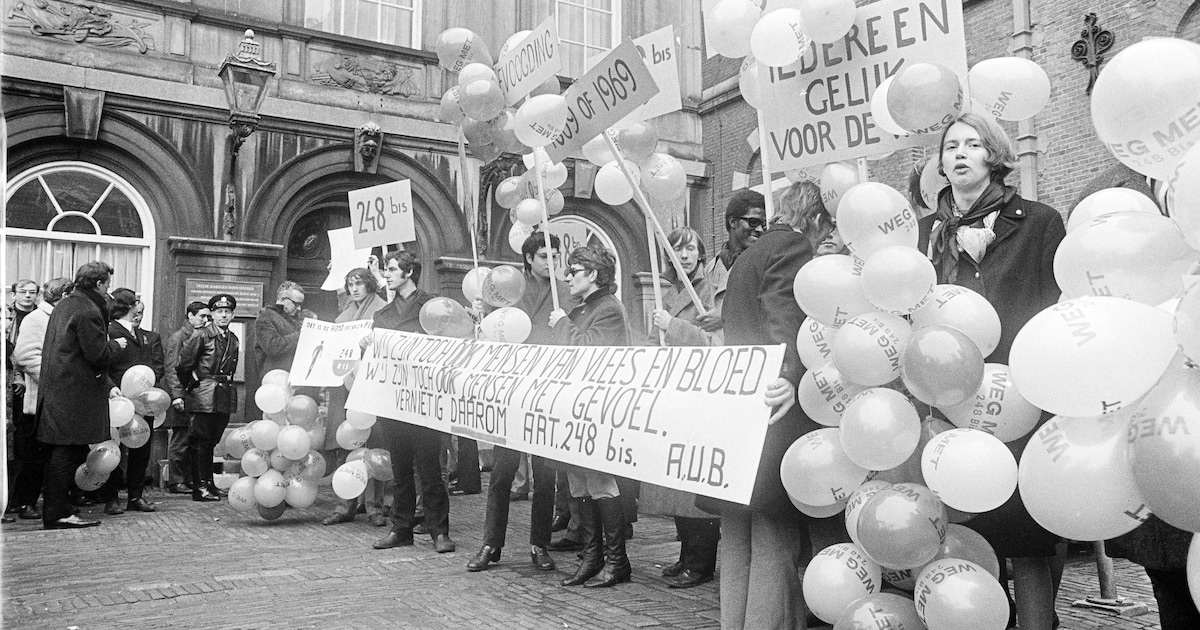For more than fifty years, the gold standard has been to store donor organs on ice at around freezing point. They are packed in a protective liquid and submerged in a cooler with ice blocks. In the time between organ removal and transplantation, the cells slowly die, so the storage period must be as short as possible and each transplant is a race against time.
It has previously been shown that tissues are best preserved at temperatures slightly above freezing. “But only recently, thanks to technological innovations, has this principle also become applicable to donor organs,” says Professor Laurens Ceulemans, transplant surgeon at UZ Leuven.
The new technique uses a special storage gel in a refrigerator, developed in the United States by the company Paragonix Technologies. The system allows a constant temperature of between 4 and 8 degrees Celsius to be maintained for up to 48 hours. In the United States it has been used in more than 200 transplants with successful results.
For the first time, the technique has also been used on a European patient. UZ Leuven will continue to test the system in the future.
In addition to improved tissue storage, the new storage method also offers added value for healthcare providers. Overnight transplants can now be postponed until the following day. “Being able to perform such a complex procedure during the day has many advantages,” says Professor Ceulemans. “Not only are surgeons, anaesthetists and nurses better equipped, but more expertise is also available in the operating theatre. We hope that this aspect will also improve outcomes for our patients.”
Last year, a total of 119 lungs were transplanted at UZ Leuven. 58 transplants involved two lungs and three involved a single lung transplant.

“Friendly travel trailblazer. Certified gamer. Evil bacon practitioner. Analyst. Problem solver.”







